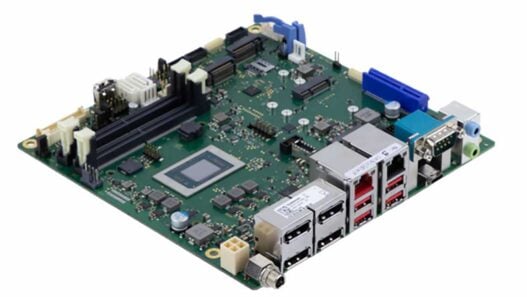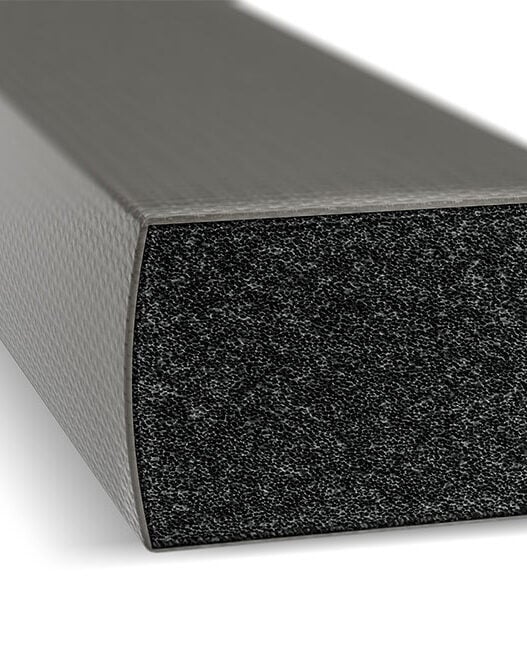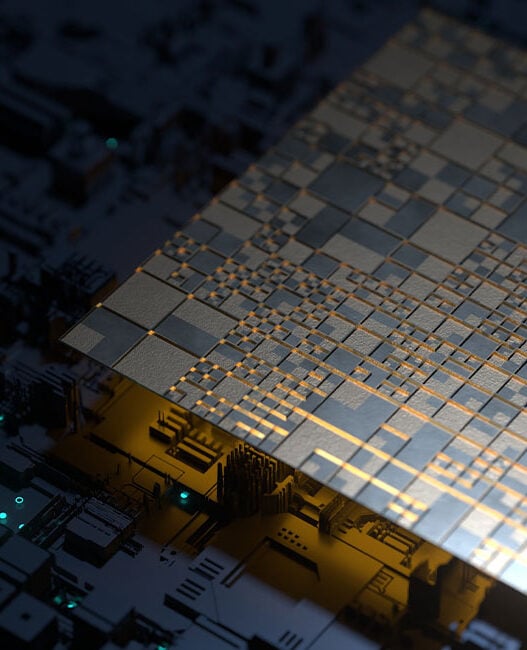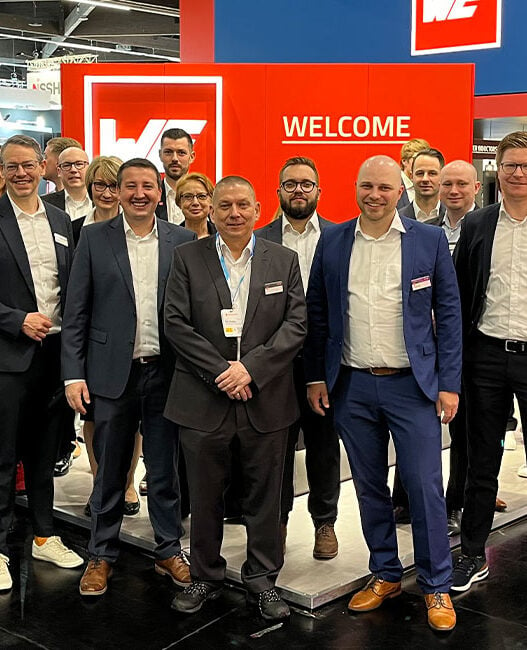“ONiO represents the kind of breakthrough technology we look for at node.vc,” said Mårten Skogö, Partner at node.vc. “Their ability to power a microcontroller entirely from ambient energy is not only technically impressive – it’s fundamentally changing how we think about sustainable IoT. The team has proven that the technology works in real-world applications, and now it’s time to scale. We’re excited to support ONiO as they bring this game-changing chip to market.”
The funding accelerates volume production of ONiO.zero – our one-of-its-kind, power-agnostic wireless microcontroller that cold-starts from less than 1µW and runs on ambient energy. Solar, RF, thermal, piezo – it harvests whatever you throw at it. Zero batteries required, though it’s happy to collaborate nicely with them when needed. In short, a game-changer as far as green IoT is concerned. Enabling highly practicable and super sustainable IoT solutions across industries and verticals. The core mission with ONiO was to stem the massive flow of millions of batteries into oceans and landfills. And we’re happy to say, ONiO.zero has lived up to that promise.
Everything lives on a single die: A RISC-V CPU, radios, power management, security, memory, and much more. It has integrated what used to take dozens of components into one chip. It’s already been tested in solar keyboards, electronic shelf labels, air quality sensors, asset trackers, and soil sensors monitoring crops. Most run purely on harvested energy, and in some applications, it can make batteries last forever.
OniO has spent years finessing this tech. Pouring incredible amounts of expertise and tens of thousands of man-hours into making sure it’s just right – nothing more, nothing less. And now – customers have working prototypes and pilot products; The benchmarks speak for themselves — 22µW/MHz and 181 Coremark/mJ with cold-start capability below 1µW.













